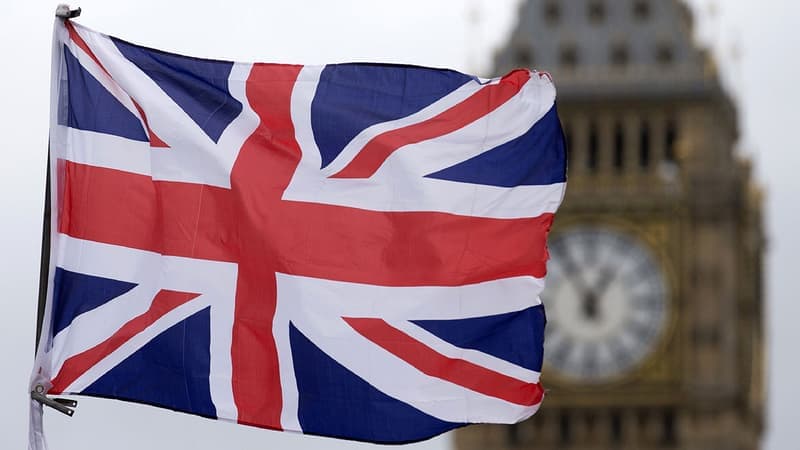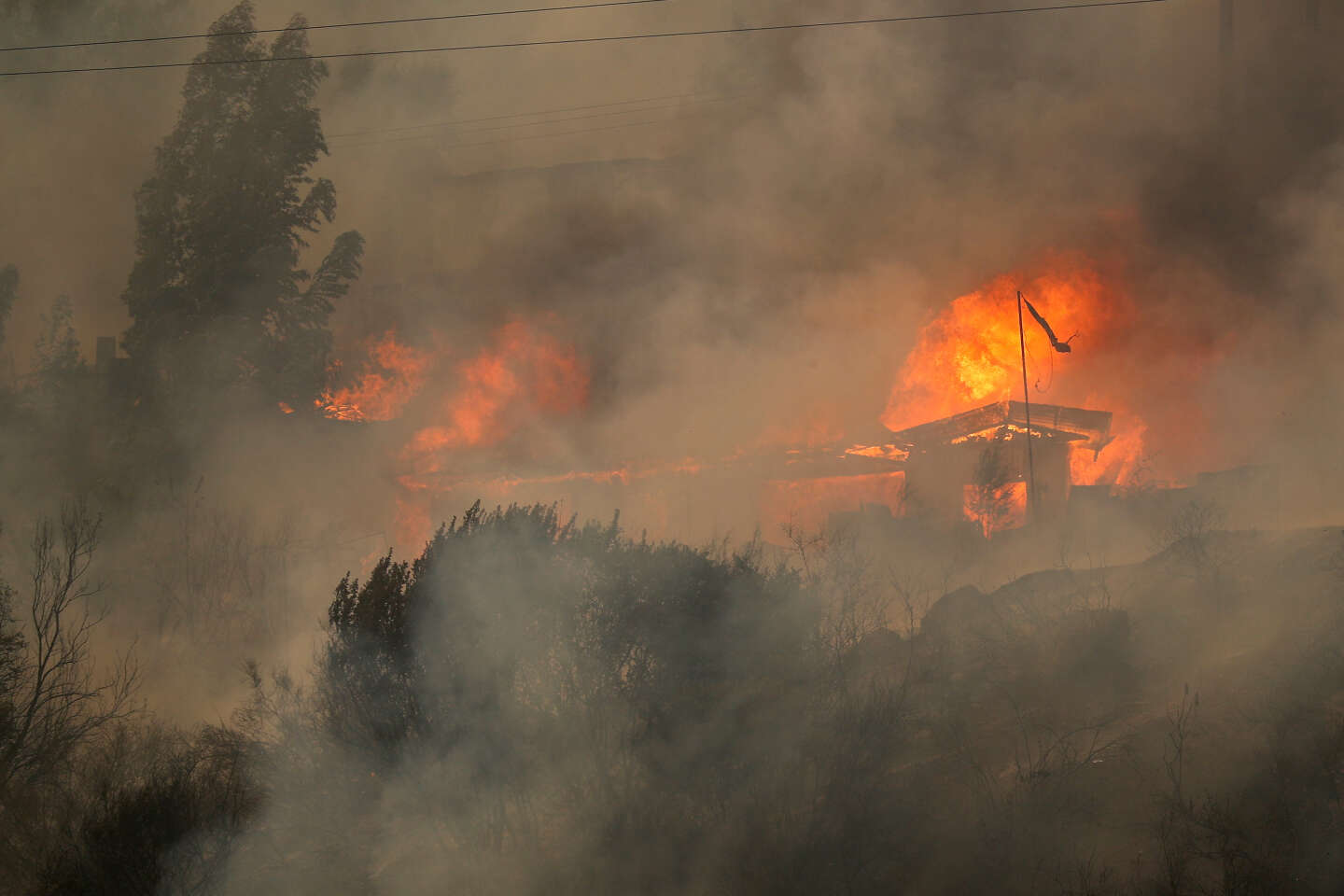Food poisoning on the rise in England, Brexit blamed

According to health experts across the Channel, reduced standards and import controls linked to Brexit have contributed to an increase in foodborne illnesses in recent months.
Has Brexit contributed to the rise in food poisoning across the Channel? This is in any case a way put forward by health experts to explain the “unprecedented” increase in food-borne illnesses seen in England for several months, the Guardian reports.
According to data from the NHS, the United Kingdom’s public health system, there were 1,468 hospital admissions for salmonella infections between April 2022 and March 2023, a rate of three admissions per 100,000 people. A record.
Cases of contamination with E.coli bacteria and campylobacteriosis are also reaching unprecedented levels, with 4,340 hospitalizations in the past two years. That corresponds to a rate of “9 out of 100,000 people in 2023, 3 out of 100,000 in 2000,” underlines the Guardian.
Import restrictions suspended
The reasons for the increase in food contamination are debated. If the British Food Safety Agency is mainly explained by the progress made in recent years in the detection of these diseases, other experts cite a number of factors, including a reduction in the resources of local health authorities but also post-Brexit regulations and a reduction in import controls.
Quoted by the British daily, Tim Lang, professor of food policy at the Center for Food Policy at City University of London, explains that this situation is due to the state’s disinterest in issues of hygiene and food safety and that it was “worsened by Brexit”.
“We left the European Union, whose structure is very focused on inspection and quality control,” he said.
After leaving the European Union in 2020, the United Kingdom and the European Union were to put in place a series of import restrictions from January 1, 2021. If the EU introduces all of them on this date, this is not the case for the British. Many rejected them for fear that they would destabilize the economy. This is particularly related to sanitary and phytosanitary controls on agri-food products which finally came into force only at the end of January 2024.
After multiple contaminations last year, the Food Standards Agency (FSA) said it was investigating possible poisonings linked to poultry and egg imports from Poland. James Motthead, chairman of the board representing poultry producers at the NFU, a body representing more than 45,000 agricultural businesses, said it was “deeply worrying” to see “poultry products produced outside the United Kingdom being imported from countries where salmonella cases are increasing”.





